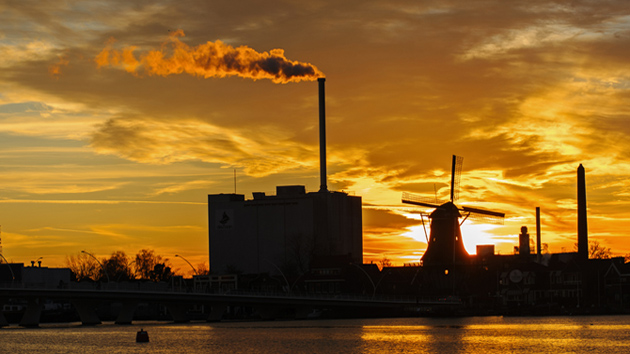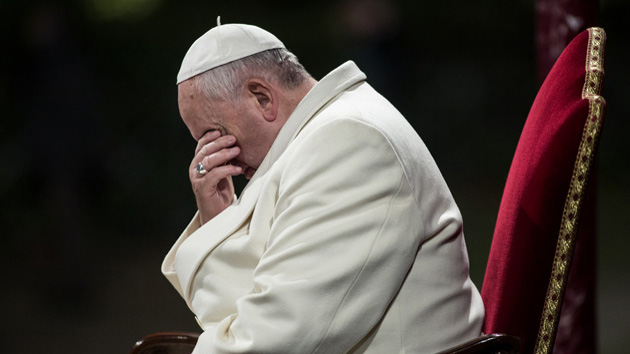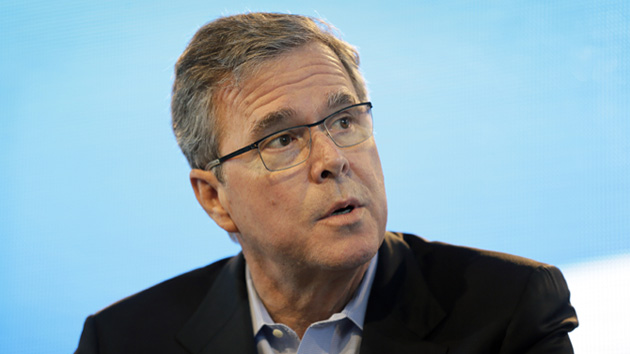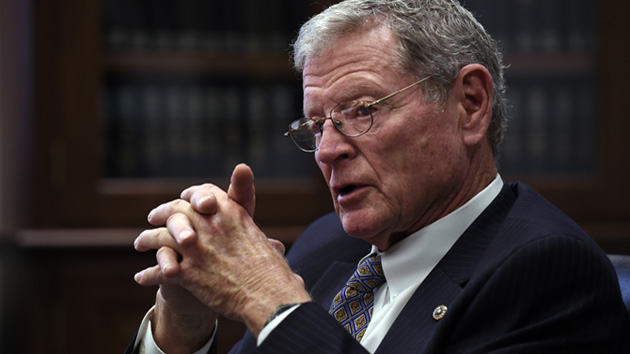
<a href="http://www.shutterstock.com/pic-167296445/stock-photo-fuming-pipe-from-the-factory-next-to-the-windmill-at-sunset-the-netherlands.html?src=gP59c7bnf4nNtl5rh5c3ew-1-8">Natalia Paklina</a>/Shutterstock
This story was originally published by the Guardian and is reproduced here as part of the Climate Desk collaboration.
A court in The Hague has ordered the Dutch government to cut its emissions by at least 25 percent within five years, in a landmark ruling expected to cause ripples around the world.
To cheers and hoots from climate campaigners in court, three judges ruled that government plans to cut emissions by just 14 to 17 percent compared to 1990 levels by 2020 were unlawful, given the scale of the threat posed by climate change.
Jubilant campaigners said that governments preparing for the Paris climate summit later this year would now need to look over their shoulders for civil rights era-style legal challenges where emissions-cutting pledges are inadequate.
“Before this judgment, the only legal obligations on states were those they agreed among themselves in international treaties,” said Dennis van Berkel, legal counsel for Urgenda, the group that brought the suit.
“This is the first time a court has determined that states have an independent legal obligation towards their citizens. That must inform the reduction commitments in Paris because if it doesn’t, they can expect pressure from courts in their own jurisdictions.”
In what was the first climate liability suit brought under human rights and tort law, Judge Hans Hofhuis told the court that the threat posed by global warming was severe and acknowledged by the Dutch government in international pacts.
“The state should not hide behind the argument that the solution to the global climate problem does not depend solely on Dutch efforts,” the judges’ ruling said. “Any reduction of emissions contributes to the prevention of dangerous climate change and as a developed country the Netherlands should take the lead in this.”
After a legal campaign that took two and a half years to get to its first hearing in April, normally dispassionate lawyers were visibly moved by the judge’s words. “As the verdict was being read out, I actually had tears in my eyes,” Roger Cox, Urgenda’s lead advocate, told the Guardian. “It was an emotional moment.”
Young activists in court said that the ruling had gone some way to restoring Dutch national pride, which has been dented as Denmark, Germany and even the UK overtook the Netherlands, once seen as a European climate leader, in the green economy race.
The Dutch Labor MP Eric Smaling cautioned though that “some people will feel proud but others are more unhappy about the influx of refugees. So far climate action has too much been the last baby of a relatively leftist elite.” He called for a wide coalition to spread the climate action message before elections in early 2017.
The Dutch government has not decided whether to appeal the court’s decision yet, but opposition politicians are steeling themselves for the prospect.
Stientje Van Veldhoven, an MP and spokesperson for the D66 Liberal opposition in parliament noted that the government had yielded to a comparable, if more limited, ruling ending gas extraction in part of the giant Groningen gas fields earlier this year.
“The government has never ignored a court ruling like this one before, but there has never been a ruling like this before either,” she said. “Everybody has a right to appeal.” Veldhoven has requested a parliamentary debate on Wednesday’s court ruling.
In a statement on behalf of prime minister Mark Rutte’s cabinet, the Dutch environment minister Wilma Mansfeld said that the government’s strategy was to implement EU-wide and international agreements.
“We and Urgenda share the same goal,” Mansfeld said. “We just hold different opinions regarding the manner in which to attain this goal. We will now examine what this ruling means for the Dutch state.”
Some 886 plaintiffs organized by Urgenda had accused the Dutch government of negligence for “knowingly contributing” to a breach of the 2 degrees Celsius (3.6 degrees Fahrenheit) maximum target for global warming.
Their legal arguments rested on axioms forbidding states from polluting to the extent that they damage other states, and the EU’s “precautionary principle” which prohibits actions that carry unknown but potentially severe risks.
An article by the UN climate secretariat obliging states to do whatever is necessary to prevent dangerous climate change was also cited. So was the UN climate science panel’s 2007 assessment of the reductions in carbon dioxide needed to have a 50 percent chance of containing global warming to 2 degrees Celsius.
Several legal sources said that ideas outlined in the Oslo Principles for climate change obligations, launched in the Guardian in March, appeared to have been influential in the judge’s reasoning.
James Thornton, the CEO of the environmental law group ClientEarth, hailed what he said had been a “courageous and visionary” ruling, that would shape the playing field for future suits.
“There are moments in history when only courts can address overwhelming problems. In the past it has been issues like discrimination. Climate change is our overwhelming problem and this court has addressed it. The Dutch court’s ruling should encourage courts around the world to tackle climate change now.”
Serge de Gheldere, the president of Klimaat Zaak, which is pursuing an almost identical case to Urgenda’s in Belgium, said: “This gives us a lot of hope as it sets an incredible precedent. The government in Belgium will take a lot of notice of whats happened here today. This could be the first stone that sets an avalanche in motion.”
Professor Pier Vellinga, Urgenda’s chairman and the originator of the 2-degree target in 1989, said that the breakthrough judgment would have a massive impact. “The ruling is of enormous significance, and beyond our expectations,” he said.
The court also ordered the government to pay all of Urgenda’s costs.
















